“Well, did you make any friends?”
It’s the question every parent asks their kid after the first day of school, and my mum was no different.
It was the year 2000, and that morning I had tearfully trudged through my primary school gates, heart pounding, terrified that I’d be called on to speak and start crying again.
That morning, I was placed in the ‘red’ group along with three other nervous five-year-olds. One of them, thank goodness, was Anthea.
My polar opposite – tall where I was tiny, bold where I was shy, silly where I was serious – she chatted away all day to me. I didn’t have to open my mouth once.
And when we were released into the crowd of waiting mums, she waved, smiled and pointed at me.
I knew she was saying the same thing to her mum as I was to mine: “Yeah, I made a friend. That’s her.”
That was 23 years ago, and for all that time – from school presentations to nights out – she has talked so I didn’t have to. That’s real friendship. But why am I telling you this?
Anthea’s father, Anthony, died seven weeks ago.
He was 53 years old and was spending his Sunday shopping in Costco when he suffered a Basilar Artery Ischaemic Stroke.
After four days during which he was unresponsive, Tony’s life support was turned off. My oldest friend lost her best friend, her namesake and her dad.
And we all know that this isn’t unusual. That all around the world right now, people are having their lives dismantled by tragedy and sickness and grief. People die all the time.
But Tony didn’t have to die right then. His death was, in the eyes of his family, entirely preventable.
‘FAST’ is not catch-all for stroke symptoms
Before the day of his major stroke, Tony had sought medical advice after taking a ‘funny turn’ at work. For around 20 minutes, he had suffered dizziness, vertigo, nausea and an inability to stand.
He was assessed and told not to worry, as he hadn’t met the ‘FAST’ criteria for a stroke: ‘facial weakness, arm weakness, speech problems – time to call 999’.
When he took the same kind of ‘funny turn’ that Sunday in Costco, Tony complained of numbness in his legs, suffered a lack of control in his eye movements, and suffered from slowed – but not slurred – speech.
But he could move his arms, and his facial muscles were responsive.
At first, an ambulance wouldn’t come and get him. He was not exhibiting stroke symptoms.
Later, while he waited in a hospital corridor, Tony experienced constant vomiting, and continued to speak much more slowly than usual. For several hours, he couldn’t stand; still, he didn’t slur his words.
Moments before Tony slipped into the unresponsive state which would ultimately end his life, he screamed out to Anthea: ‘My ears! My ears!’ and clutched at his ears as if they were aching.
His face dropped, then his arms. He was now exhibiting stroke symptoms.
He was a man, not a diagnosis
By the time he was moved to a stroke unit, Anthea had heard the last words she ever would from her father. This man who had driven her across the country at all hours of the day and night for dance competitions, and strung doughnuts from the ceiling for us to jump up and catch with our teeth at Halloween.
A man who loved football, barbecues, and his little dog Bytsey.
A husband, father, grandad and – as of just two months before he died – a business owner.
All of that, lost, because he wasn’t displaying the ‘correct’ symptoms for the diagnosis which most likely could have saved his life.
It is beyond words. Which is why my friend Anthea and her family have, bravely and quickly, turned to action.
It is their hope that Public Health Scotland will conduct a review of the FAST campaign so that it can incorporate the symptoms of the rarer kind of stroke that Tony suffered.
They’ve started a crowdfunder, raising cash for the Stroke Association, in order to get the word out far and wide that “just because you can raise your arms doesn’t mean you’re not having a stroke”.
I’ve donated. Selfishly, I urge anyone who can to do so.
But money or no money, what matters is the message: slow speech, vertigo, dizziness, cold sweats, vomiting and an inability to stand are all lesser known signs of a stroke.
Tell your loved ones, your colleagues, the person sitting next to you as you read this. Please. It’s too late for Tony, but it could save their life.
My friend has grieving to do, so here I am, doing the talking for once. I wish I had more than words to give her – so please help me make them count.
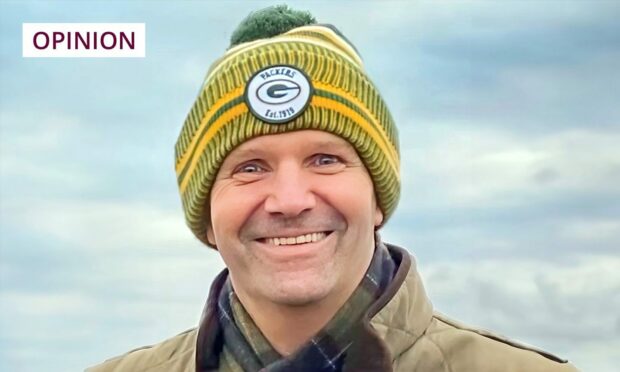

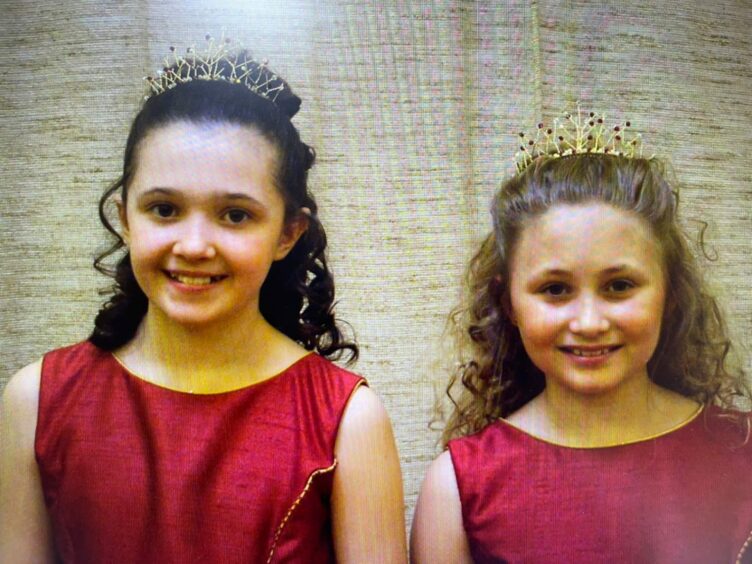
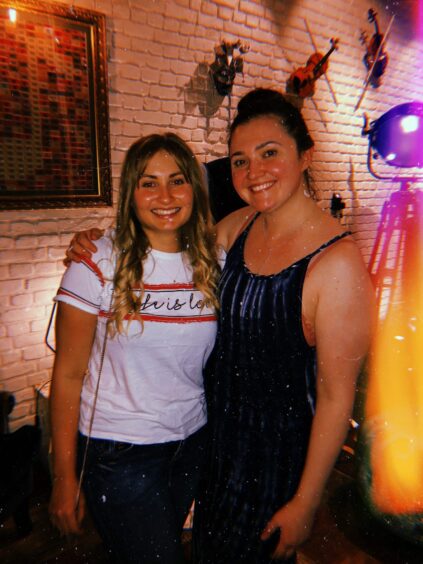



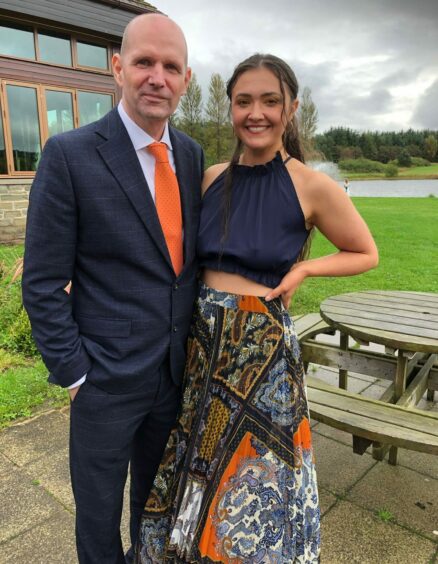








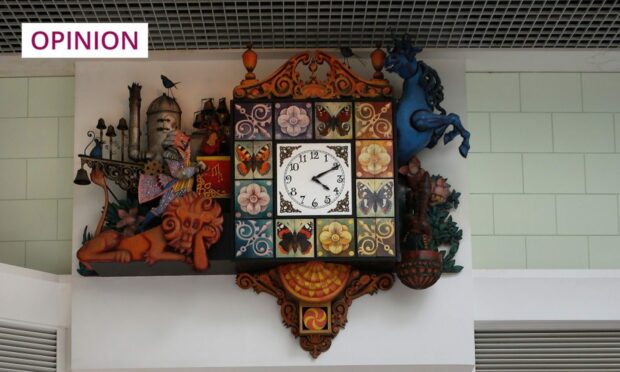
Conversation